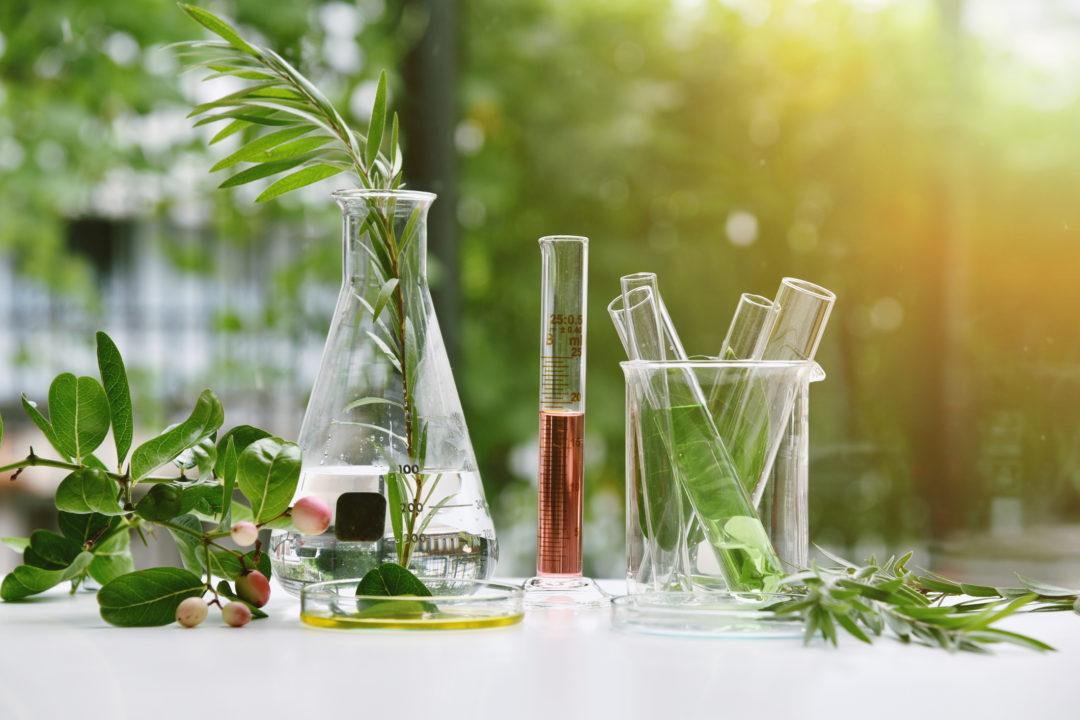Garden Grove, CA—Alkemist Labs is raising awareness on the botanicals and fungi that most frequently failed identity testing during the first half of 2024. "We encourage brands to be especially careful sourcing these materials, and make sure they are tested by the most competent labs,” said CEO Elan Sudberg. “We also suggest that anyone involved in raw material sourcing familiarize themselves with the Botanical Adulterants Prevention Program (BAPP) and have a policy for in place dealing with serious quality issues before they need it.”
20 Ingredients Requiring Extra Scrutiny
Alkemist said this list is representative of the products Alkemist’s manufacturer clients are testing before they put them into their products, as well as some finished products.
Latin Name / Common Name
- Echinacea purpurea / Echinacea purpurea
- Eleutherococcus senticosus / Eleuthero
- Ganoderma lucidum / Reishi
- Gynostemma pentaphyllum / Gynostemma
- Hericium erinaceus / Lion’s mane
- Malus pumila / Apple
- Melissa officinalis / Lemon balm
- Nasturtium officinale / Watercress
- Olea europaea / Olive
- Rhodiola rosea / Rhodiola
- Sambucus nigra / Elderberry, European elder
- Serenoa repens / Saw palmetto
- Siraitia grosvenorii / Luo han guo, monk fruit
- Stevia rebaudiana / Stevia
- Taraxacum officinale / Dandelion
- Trifolium pratense / Red clover
- Urtica dioica / Nettle, stinging nettle
- Vangueria agrestis / Bakin gagai (Hausa)
- Vitis vinifera / Grape
- Withania somnifera / Ashwagandha
Several of the above ingredients including Eleuthero, Lion’s mane, apple, monk fruit, nettle, grape, ashwagandha, and elderberry, also appeared on Aklemist's 2023 list. That year, elderberry saw the most failures.
Regarding testing methods, Alkemist explained:
- All ingredients were tested using High Performance Thin-Layer Chromatography (HPTLC) to assess identity and quality of botanicals and various ingredients.
- HPTLC, for which Alkemist holds a flexible scope ISO 17025 accreditation, is able to detect adulterants and contamination, such as containing incorrect plant parts, closely related species, and unknowns.
- This technique is applicable to crude raw botanicals from powdered to whole form, extract (powdered or liquid), and finished product/blends.
-
Alkemist will share more details on methodology upon request (contact your Alkemist Labs rep).










